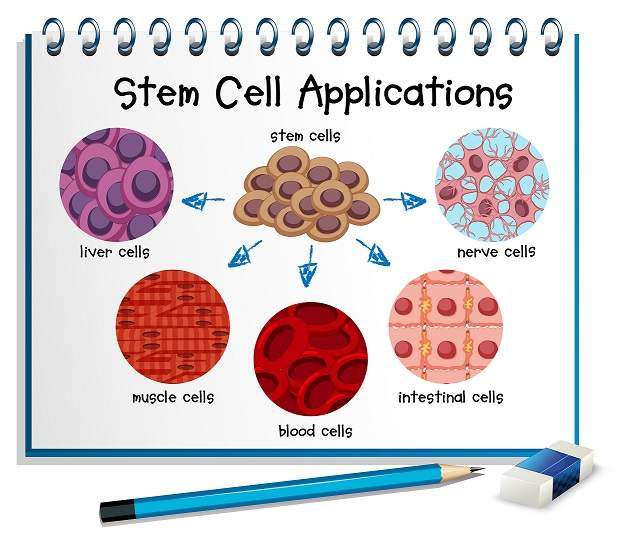
Over the years, stem cell banking for stem cell transplantation, later on, has been considered as a promising approach towards treating problems related to malignant and non – malignant disorders of the blood and bone marrow.
But many people are still baffled with the questions like: What are stem cells? And why should it be banked?
Fret not!
We are here to answer all your queries.
What Are Stem Cells and Why Are They Important?
Stem cells are the basic or mother or master human cells, whose remarkable potential to renew themselves into muscle cells, blood cells, brain or nerve cells and the ability to repair the functional properties of the damaged tissues, makes them important.
What Are The Sources of Stem Cells?
This self-renewal and recreational ability of the stem cells, have paved the way for the researchers to source the stem cells not just from the peripheral blood, bone marrow, adipose tissue, and menstrual blood, but also from the placental blood, the umbilical cord and umbilical cord blood and put them under various aspects of the treatment.
Which Is The Best Source Of Stem Cells and Why Is It the Best?
Going by the basics, however, during pregnancy, the umbilical cord acts as a “String of Life” between the mother and the baby, providing the all-essential nutrients and oxygen to the developing baby inside. Earlier it was a common practice to treat the umbilical cord (with the cord blood) as a medical waste, after the baby’s delivery. With the advent of cord blood stem cell therapy and regenerative medicine, however, the whole scenario has changed.
Research has it that, cord blood is largely driven by haematopoietic stem cells. Due to its younger, purer, more adaptable and active nature; cord blood stem cells can be preserved after a painless collection, so that, it can be used to treat life-threatening blood-related diseases (like cancer, thalassemia and sickle cell anaemia), genetic disorders and immune-related problems, even after two decades. In fact, risks and complications of graft-versus-host diseases is not observed after the umbilical cord blood stem cell transplantation. Rather, it becomes easy to find a match, especially within family and siblings, before a transplant takes place.
Therefore, out of all the other sources available, umbilical cord blood stem cells has been considered as the best source.
Why and How Are the Cord Blood Stem Cells Banked or Stored?
Looking at the powers of the umbilical cord blood stem cells and the benefits of cord blood banking, more and more parents are, nowadays thinking of umbilical cord blood banking, as the most responsible decision.
When it comes to cord blood banking, there are private and public cord blood banks (public and private), which respect this decision and insist on maintaining the highest standards, for better outcome. The emphasis is on preparing the stem cells for long term storage (anywhere between 21 to 75 years) in frozen state (-190o) so that, the quality of the stem cells does not deteriorate over time and the baby or his or her family can use the stem cells for treatment, even after two decades.
Public Cord Blood Banks are owned by the government, where the parents of the new-born donate their baby’s cord blood for research purposes and are not eligible for accessing for the stem cells their own use, in future.
However, there are Private Cord Blood Banks, where the parents or other close family members can access preserved stem cells whenever needed (within the stipulated period of time) for the treatment of their child or siblings within the family.
How Choose The Best Cord Blood Stem Cell Bank?
At the end, before choosing the best cord blood stem cell bank, parents should consider a few things like:
- The cord blood bank should be the oldest and the largest network of private cord blood banks.
- They should be internationally recognised and should hold AABB accreditation
- They should use the most advanced technology for processing the cord blood
- They should provide Insurance covered medical assistance
- They should provide complete transportation liability
- They should offer total stem cell banking solution and complete protection for the baby and baby’s entire family
- They should swear by their quality, transparency and commitment
